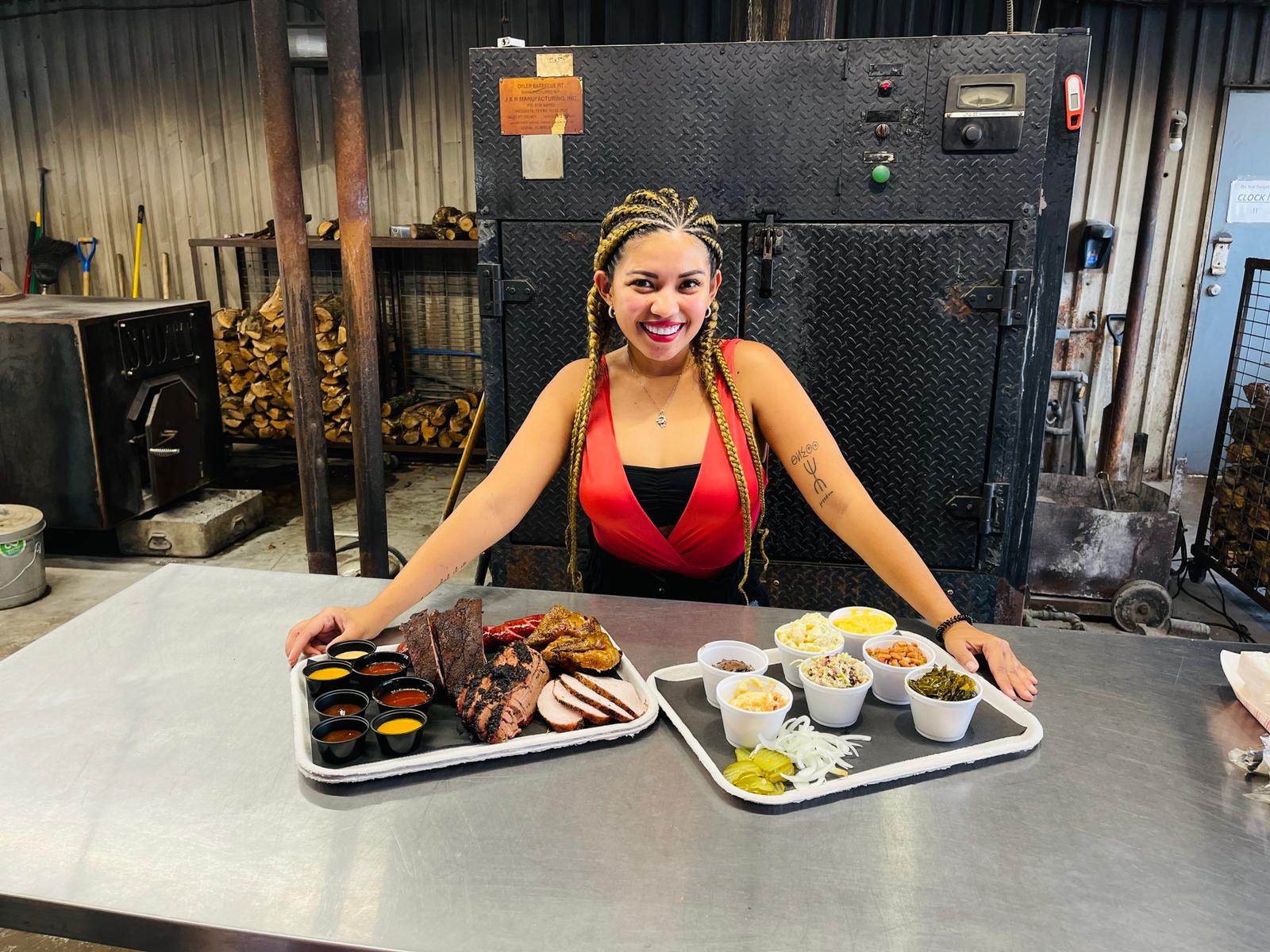Tech News
Burning questions (and some answers) about Bluesky’s new verification system

Bluesky has introduced a verification system that has sparked numerous questions among its user base. These questions range from who will be selected for verification, to the involvement of outside organizations, and the longevity of the self-verification process. DailyTech provides some insights.
Following a recent leak, Bluesky officially announced the arrival of its verification system on Monday. This system aims to confirm the identities of notable individuals on the social network. Unlike Twitter’s previous verification system, which transitioned to a paid model under Elon Musk, Bluesky’s verification process aligns with its decentralized approach by allowing external entities to independently verify users.
While Bluesky briefly outlined the verification process in a blog post, the questions raised by users on Bluesky’s posts and platforms like Reddit suggest a lack of understanding about the verification process.
To address common user questions, we have compiled information from Bluesky’s documentation and leadership posts, as the company did not respond to DailyTech’s requests for comment.
Which organizations have the authority to verify users besides Bluesky?
Bluesky’s blog post did not specify which external organizations, apart from Bluesky, have the capability to verify users. The company mentions “Trusted Verifiers” as organizations authorized to issue blue checkmarks, with The New York Times being one known example of such an organization verifying its journalists.
Bluesky has not disclosed the selection process for these organizations or indicated any future partners for early access. This lack of information may make Bluesky’s verification announcement seem premature to users who expect transparency and working examples of decentralized verification systems from the outset.
Apart from The New York Times, only a few organizations have attained Trusted Verifier status, including Wired and The Athletic, according to Bluesky software engineer Samuel Newman.
Bluesky has emphasized that it is starting with a limited group of accounts, primarily “news orgs” that have agreed to verify their journalists. Future organizations can apply for Trusted Verifier status once Bluesky launches a form for this purpose, although the timeline for this process remains unspecified.
Does Bluesky intend for verification to imply trustworthiness?

The ambiguity surrounding Bluesky’s stance on verification’s connection to trustworthiness remains. While the company’s blog post indicates a goal to “proactively verify authentic and notable accounts,” it does not clarify the criteria for determining an account’s “notability” for verification.
When questioned about Bluesky’s selection process, CTO Paul Frazee responded cryptically, leaving the matter unresolved. This lack of transparency has left the question unanswered for now.
This aspect of verification is still to be determined.
Why is [X] verified but not [Y]?
With the launch of verification, users are eager to understand why certain accounts are verified while others are not. The selective verification process often raises questions about the criteria used for verification.

Bluesky’s verification rollout is ongoing, and the company has indicated that users will gradually start seeing blue checkmarks following the launch. However, Bluesky is not currently accepting verification requests, hinting at a future process for doing so.
Therefore, the verification statuses seen today may not reflect the final outcome, as Bluesky’s verification process is still in its early stages.
What does this mean for self-verification?
Prior to the verification launch, Bluesky offered users the option to verify their identities using domains.
In 2023, Bluesky announced that organizations and individuals could now set a domain as their username, resulting in over 270,000 accounts doing so.
Bluesky emphasizes that this domain-as-username system is here to stay and will continue to be an essential part of verification on the platform. While optional, Bluesky highly recommends official organizations and high-profile individuals to utilize this feature for verification purposes.
Furthermore, Bluesky revealed that even after changing a username to a website URL, the old bsky.social username will be reserved indefinitely to prevent account impersonation.
As for unofficial verification efforts by users like Hunter Walker and Guan Yang, who have been verifying diverse media outlets and celebrities, Bluesky has not approached them about the official verification system. The future of unofficial verifications remains uncertain as Bluesky aims for a single, credible source of verification.
Regarding Trusted Verifiers potentially abusing their privilege, Bluesky’s CTO, Paul Frazee, mentioned that Bluesky can intervene if needed to address any unethical behavior.
Lastly, the choice of a blue-and-white checkmark as the verification symbol, similar to Twitter’s, was explained by Frazee as a decision based on maintaining consistency with Bluesky’s existing color palette and the recognized meaning of a checkmark symbol.
Overall, Bluesky’s verification system is evolving, with a focus on credibility and user trust, while addressing potential challenges in the verification process. Please rewrite this sentence.
-

 Destination7 months ago
Destination7 months agoSingapore Airlines CEO set to join board of Air India, BA News, BA
-

 Breaking News8 months ago
Breaking News8 months agoCroatia to reintroduce compulsory military draft as regional tensions soar
-

 Tech News11 months ago
Tech News11 months agoBangladeshi police agents accused of selling citizens’ personal information on Telegram
-

 Breaking News8 months ago
Breaking News8 months agoBangladesh crisis: Refaat Ahmed sworn in as Bangladesh’s new chief justice
-

 Guides & Tips9 months ago
Guides & Tips9 months agoHave Unlimited Korean Food at MANY Unlimited Topokki!
-

 Gaming8 months ago
Gaming8 months agoThe Criterion Collection announces November 2024 releases, Seven Samurai 4K and more
-

 Toys10 months ago
Toys10 months ago15 of the Best Trike & Tricycles Mums Recommend
-

 Tech News9 months ago
Tech News9 months agoSoccer team’s drone at center of Paris Olympics spying scandal
























